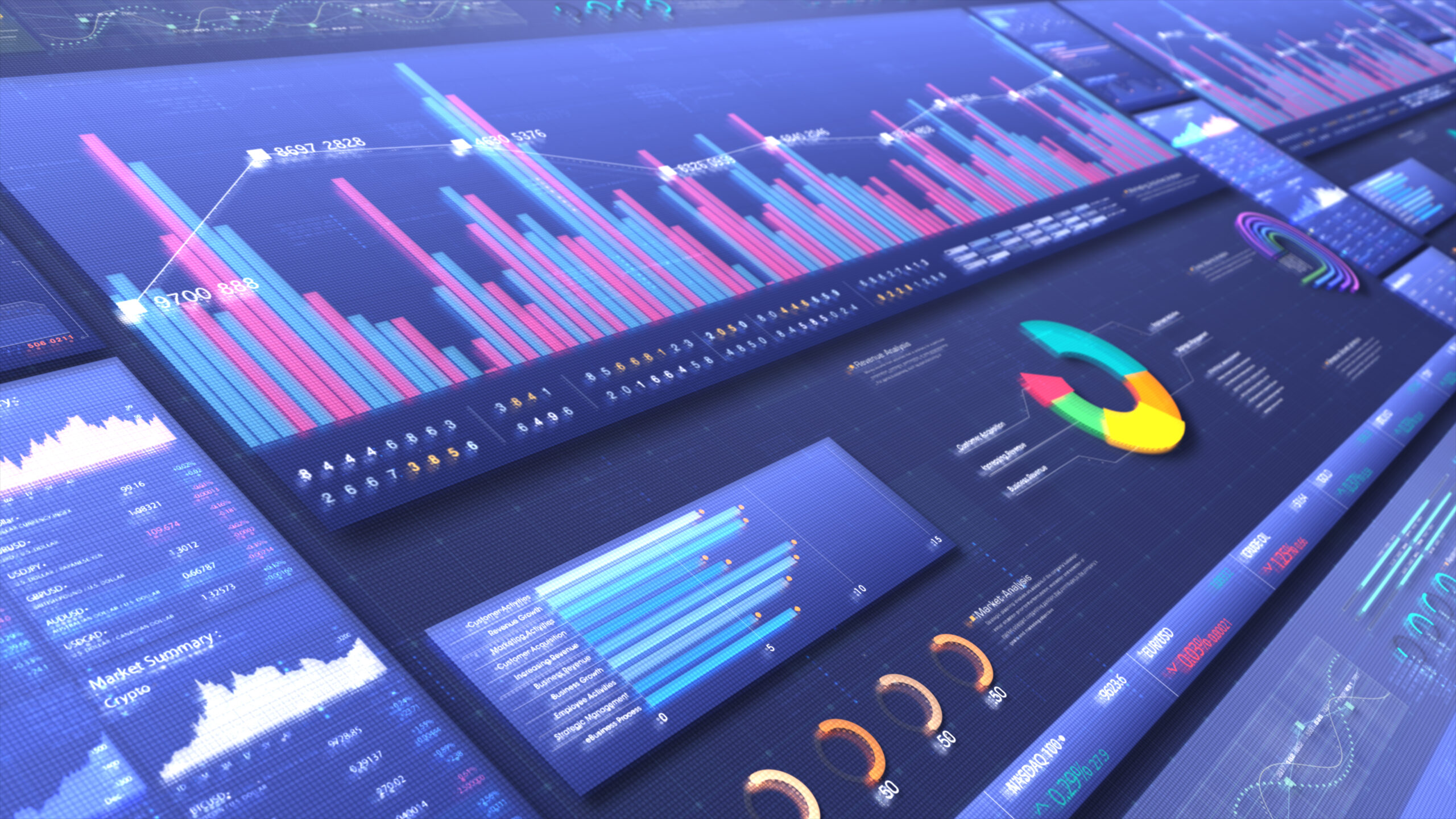The Dual Facets of Generative AI Applications
Generative AI applications can be broadly categorized into two distinct types. The first encompasses applications that utilize foundation models with minor customizations, enhancing user experience and output quality. The second, and arguably more transformative, involves applications that deploy fine-tuned foundation models, tailored for specific use cases. This fine-tuning process, though less resource-intensive than building foundation models, can significantly elevate the application’s performance.
The Power of Fine-Tuning in Generative AI

Fine-tuning generative AI models can be achieved through various data sources. For instance, the legal AI tool, Harvey, was enhanced by integrating legal datasets into GPT-3, resulting in superior legal document generation. Companies can also utilize proprietary data from daily operations or feedback loops, like star ratings, to continually refine their generative AI tools. This iterative feedback process can lead to a self-improving cycle, offering a competitive edge.
Staying Updated in the Fast-Paced World of Generative AI
With the rapid advancements in generative AI, developers must stay abreast of the latest innovations. For instance, OpenAI’s GPT-4 boasts enhanced knowledge and problem-solving capabilities. Embracing these advancements can be pivotal for maintaining a cutting-edge application.
Spotting Immediate Opportunities for Generative AI Impact

While generative AI promises widespread business transformation, certain sectors are primed for immediate disruption:
- Information Technology: Generative AI can assist in code and documentation generation, boosting developer productivity.
- Marketing and Sales: Generative AI tools can craft compelling content for customer engagement, with a significant portion of marketing messages soon expected to be AI-generated.
- Customer Service: AI-driven chatbots and virtual assistants can enhance customer interactions, with companies like Salesforce and Ada leading the charge.
- Product Development: Generative AI can expedite product prototyping, with industries like life sciences already leveraging it for faster drug design.
Industries at the Forefront of Generative AI Adoption

Certain industries are poised to gain more from generative AI applications in the near term. For instance:
- Media and Entertainment: Generative AI can revolutionize content creation, from movie localization to game design.
- Banking, Consumer, Telecommunications, Life Sciences, and Tech: These sectors can achieve operational efficiencies due to their significant investments in various business functions.
The Emergence of Specialized Generative AI Services
As the generative AI landscape matures, specialized services are set to emerge, catering to specific functions, industries, or capabilities. These services will bridge capability gaps, helping businesses navigate the intricacies of generative AI.
The Generative AI Revolution is Underway
The potential of generative AI in business is vast, with applications offering unparalleled value-creation opportunities. Those who can adeptly fine-tune foundation models using niche or proprietary data will undoubtedly lead the pack. As generative AI continues to evolve, businesses must seize the moment, capitalizing on the myriad opportunities it presents.

Experienced Machine Learning, Artificial Intelligence, Data Strategy, Information Technology, and Shared Services Executive
Things that matter:
• five largest ML models created at P&G, with over 10,000 pipeline runs/year
• initiated and operated THE data labeling platform and services for ML at P&G, with 300+ projects and millions of annotations on the platform
• Generative AI strategy for the Global Business Units Shared Services for the Brand, R&D, Manufacturing, Supply Chain, Master Data + eComm functions
• Product Management leadership for enterprise-wide Cloud applications combining data and AI
Education
Harvard Business School Executive Education: Artificial Intelligence (Competing in the Age of AI).
Northwestern University: Executive Strategies to Unlock Enterprise Value in Artificial Intelligence
University of Bucharest: Master of Computer Science from the Faculty of Mathematics
CIIM – Master of Business Administration (MBA) with a focus on Finance
Key Certifications:
AWS Certified Machine Learning – Specialty
Azure ML Artificial Intelligence Certification
Data Camp Certified Data Scientist (Python Track)





